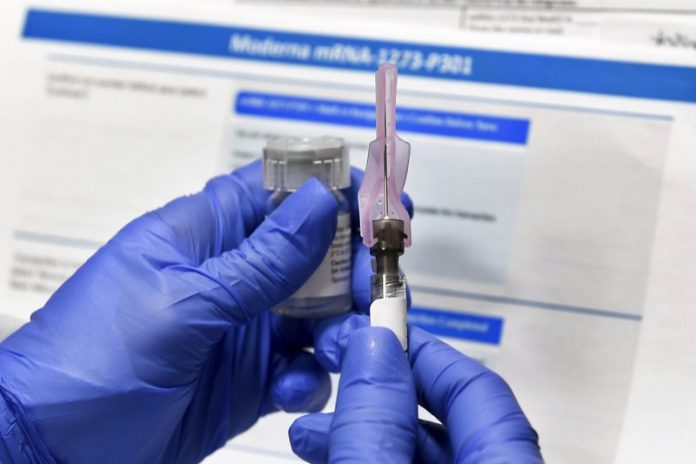New anti-pandemic powers that allow police in Ontario to stop any motorist or pedestrian and ask where they live and why they’re not home drew furious criticism on Saturday as the number of infected people in hospital reached record levels.
More than 2,000 patients were in the province’s hospitals due to the novel coronavirus for the first time since the onset of the year-long pandemic, with 726 in intensive care and 501 needing a ventilator, authorities reported
Health officials also recorded 34 more deaths related to the virus, the highest single-day count since Feb. 19, when 47 people were reported as dying from coronavirus disease.
The province logged 4,362 new cases on Saturday, down from Friday’s record-setting number of 4,812.
Amid the grim tally, politicians, civil libertarians, and pundits attacked new anti-pandemic restrictions announced Friday by Premier Doug Ford as misguided.
The added police powers aimed at enforcing stay-at-home orders, they said, were overkill.
“I am very concerned about arbitrary stops of people by police at any time,” Toronto Mayor John Tory said in a Saturday tweet.
In a note to constituents, Jill Andrew, a provincial New Democrat politician in Toronto, said the measures show just how out of touch the Ford government is.
“Let’s be very real here: We are not going to police our way out of the pandemic,” Andrews said. “The reality here is that this will likely impact Black, Indigenous, and people of colour.”
While violating restrictions can carry a $750 fine, failure to provide police with requested information can result in criminal charges, according to the province’s association of police chiefs.
Big and small police forces across the province, however, said they had no intention of exercising their new-found powers.
“I would like to reassure our citizens that our officers will not be conducting random vehicle or individual stops,” Peel Regional Police Chief Nishan Duraiappah said on Saturday.
Andrew Fletcher, chief of the South Simcoe Police Service, said officers would only act on complaints. Police forces in Thunder Bay and Ottawa also took similar positions.
Civil rights groups, however, took little comfort in such statements.
“Ontario is one step closer to becoming a police state,” said Joanna Baron, executive director of the Calgary-based Canadian Constitution Foundation.
“Low income and minority communities have borne the brunt of this pandemic in terms of cases and mortality, and they are now more likely to bear the brunt of police enforcement.”
The new restrictions, including a two-week extension to the province’s stay-at-home order until May 20, were announced amid dire warnings from the government’s scientific advisers that the pandemic was only set to worsen.
Other new measures include further restrictions on outdoor gatherings and indoor religious services, while recreational facilities such as sports fields, playgrounds and golf courses are now closed. Ontario intends to close the borders with neighbouring provinces Quebec and Manitoba effective Monday.
Ford said the province was “on its heels” and the new measures were urgently needed to bring the province’s COVID-19 situation under control.
But experts said the Ford government had missed the mark on key drivers of the raging pandemic, including a lack of paid sick leave for essential workers.
“Doug Ford’s handling of this pandemic has been an abject failure and absolute disaster,” said Patty Coates, president of the Ontario Federation of Labour.
Randall Denley, a former Ontario Tory candidate based in Ottawa, called the moves an “odd mix of bluster, misdirection, overdue restrictions and authoritarian, punitive measures” that would simply anger people.
“This is a police-state tactic that has the potential to lose the voluntary public support that is the key to the provincial plan,” Denley wrote in a National Post column.
Warren (Smokey) Thomas, president of the Ontario Public Service Employees Union, urged Ford to reconsider the expanded law enforcement powers.
“To give the police the right to stop and question citizens is akin to martial law,” Thomas said. “If improperly applied or perceived as being used to target, it will be remembered in history as carding on steroids.”
































